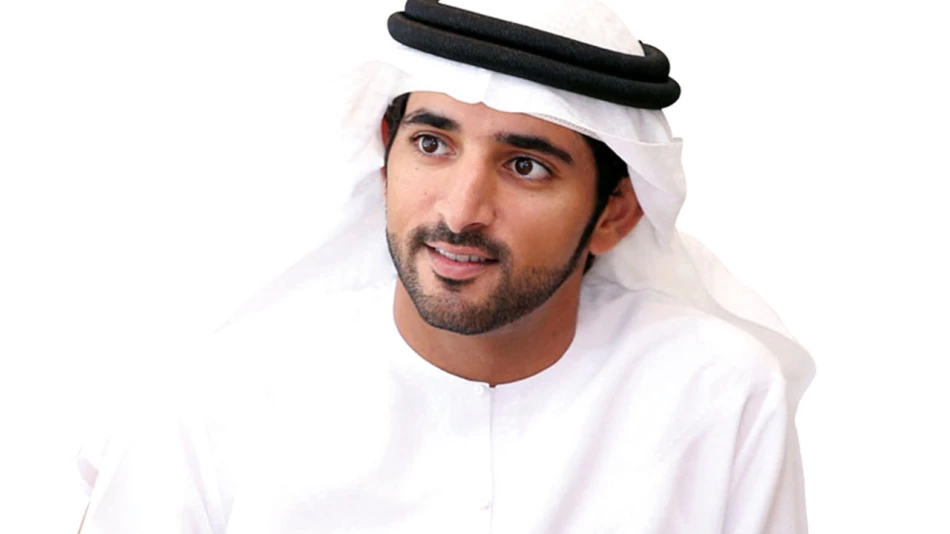
Dubai Marathons to Become Annual Event, Says Sheikh Hamdan
Dubai Mall Marathon Goes Global: Crown Prince Transforms Shopping Center Fitness into Year-Round Movement
Dubai's Crown Prince Sheikh Hamdan bin Mohammed has elevated the Dubai Mall Marathon from a one-off event into a permanent three-month annual fixture, signaling the emirate's commitment to reimagining urban fitness infrastructure. The decision follows the initiative's record-breaking debut, which saw 1,392 participants set a Guinness World Record for the largest indoor mall marathon, demonstrating how traditional retail spaces can evolve into community wellness hubs.
From Experiment to Institution
The transformation of Dubai's mall marathon into an annual event spanning June 15 to September 15 represents more than just scheduling—it's a strategic pivot toward sustainable community engagement. The original month-long pilot attracted over 40,000 participants who collectively logged 120 million steps across nine major shopping centers, proving that climate-controlled indoor running tracks can drive consistent participation in a desert climate.
This expansion reflects Dubai's broader strategy of converting temporary initiatives into permanent lifestyle infrastructure, aligning with the emirate's Social Agenda 2033 and Quality of Life Strategy 2033.
The Economics of Mall-Based Fitness
The mall marathon model addresses multiple economic challenges simultaneously. For retailers, it drives consistent foot traffic during traditionally slower summer months when outdoor activities become impractical due to extreme heat. For the government, it maximizes return on existing infrastructure investment while promoting public health objectives.
The timing is strategic: the three-month window covers Dubai's hottest period, when outdoor exercise becomes dangerous and mall-based alternatives become essential rather than novelty. This positions Dubai's shopping centers as year-round community wellness destinations, not just retail spaces.
Global Context: The Rise of Alternative Fitness Spaces
Dubai's approach mirrors broader global trends toward repurposing urban infrastructure for health initiatives. Singapore's park connector networks and New York's High Line demonstrate how cities are reimagining existing spaces for community wellness. However, Dubai's mall-based model is unique in its scale and integration with commercial infrastructure.
Unlike traditional outdoor marathons that require extensive road closures and security arrangements, mall-based events offer controlled environments with existing amenities—restrooms, food courts, parking, and climate control—making them more accessible to diverse demographics including families with children and elderly participants.
Market Implications for Retail Real Estate
The success of Dubai's mall marathon could reshape retail real estate strategies globally. Shopping centers facing declining foot traffic due to e-commerce growth now have a proven model for driving regular, non-commercial visits. This creates new revenue streams through fitness memberships, event fees, and increased food and beverage sales during exercise periods.
For investors, this represents a potential solution to the "retail apocalypse" narrative by transforming malls into mixed-use community centers that combine commerce, fitness, and social interaction.
Replicability and Expansion Potential
The Dubai model's success metrics—40,000 participants in 31 days across nine locations—provide a scalable framework for other cities with similar climate challenges or underutilized retail spaces. The three-month annual format allows for proper planning, marketing, and community engagement while maintaining novelty and anticipation.
Key success factors include: government backing, retail partner cooperation, professional event management, and integration with broader public health initiatives. Dubai's combination of visionary leadership, abundant retail space, and extreme climate created ideal conditions, but the core concept translates to various urban environments.
Long-term Vision: Fitness as Urban Infrastructure
Crown Prince Sheikh Hamdan's emphasis on creating "sustainable pathways for community development" suggests this initiative represents early-stage urban planning evolution. As cities worldwide grapple with public health challenges and changing retail landscapes, Dubai's mall marathon model offers a practical template for converting commercial spaces into community wellness infrastructure.
The initiative's alignment with UAE National Day celebrations and Emirati Women's Day demonstrates how fitness programming can reinforce cultural identity while promoting inclusivity—a balance that will be crucial for international adaptation of this model.
Most Viewed News

 Sara Khaled
Sara Khaled






